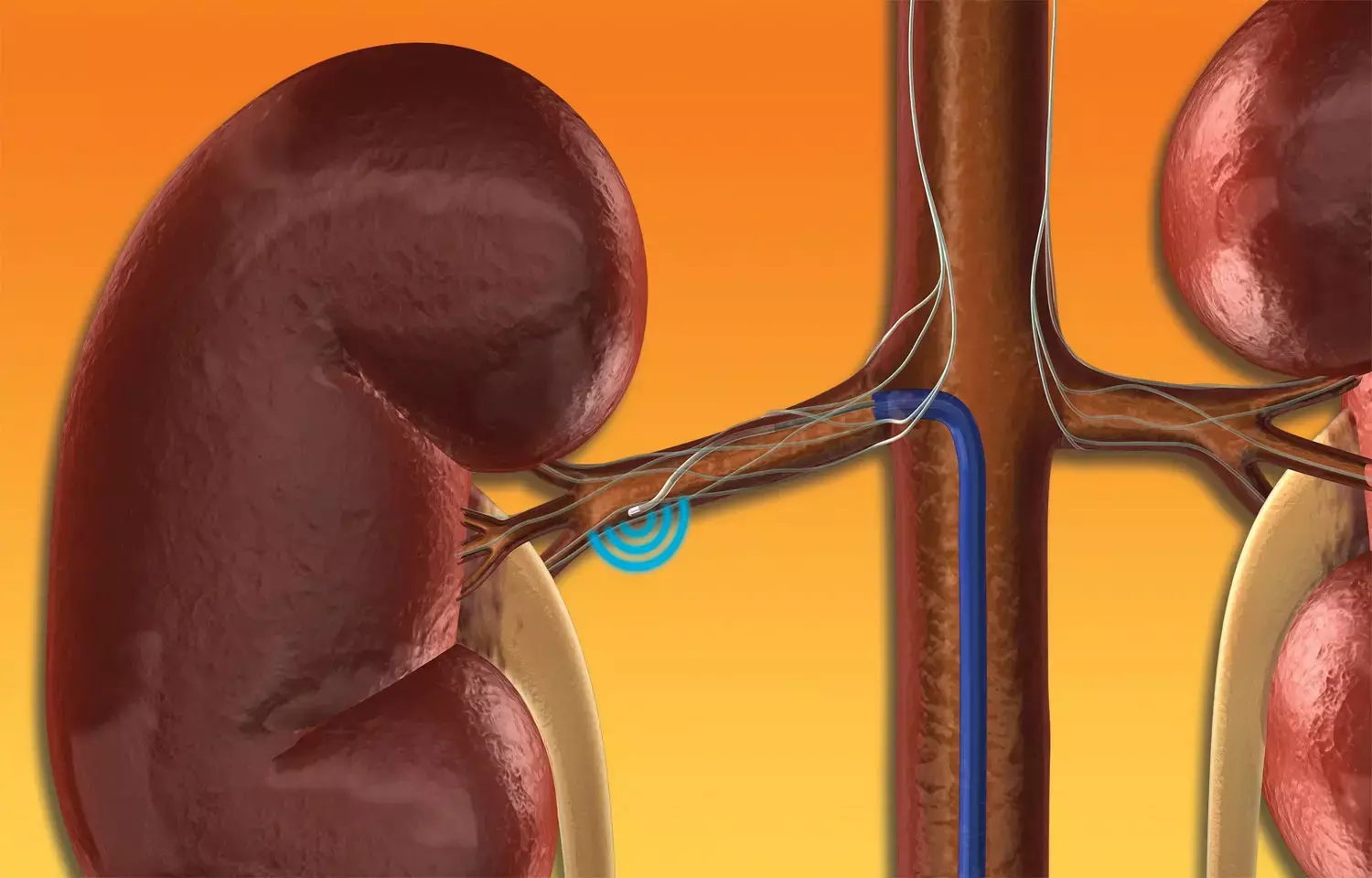- Home
- Medical news & Guidelines
- Anesthesiology
- Cardiology and CTVS
- Critical Care
- Dentistry
- Dermatology
- Diabetes and Endocrinology
- ENT
- Gastroenterology
- Medicine
- Nephrology
- Neurology
- Obstretics-Gynaecology
- Oncology
- Ophthalmology
- Orthopaedics
- Pediatrics-Neonatology
- Psychiatry
- Pulmonology
- Radiology
- Surgery
- Urology
- Laboratory Medicine
- Diet
- Nursing
- Paramedical
- Physiotherapy
- Health news
- Fact Check
- Bone Health Fact Check
- Brain Health Fact Check
- Cancer Related Fact Check
- Child Care Fact Check
- Dental and oral health fact check
- Diabetes and metabolic health fact check
- Diet and Nutrition Fact Check
- Eye and ENT Care Fact Check
- Fitness fact check
- Gut health fact check
- Heart health fact check
- Kidney health fact check
- Medical education fact check
- Men's health fact check
- Respiratory fact check
- Skin and hair care fact check
- Vaccine and Immunization fact check
- Women's health fact check
- AYUSH
- State News
- Andaman and Nicobar Islands
- Andhra Pradesh
- Arunachal Pradesh
- Assam
- Bihar
- Chandigarh
- Chattisgarh
- Dadra and Nagar Haveli
- Daman and Diu
- Delhi
- Goa
- Gujarat
- Haryana
- Himachal Pradesh
- Jammu & Kashmir
- Jharkhand
- Karnataka
- Kerala
- Ladakh
- Lakshadweep
- Madhya Pradesh
- Maharashtra
- Manipur
- Meghalaya
- Mizoram
- Nagaland
- Odisha
- Puducherry
- Punjab
- Rajasthan
- Sikkim
- Tamil Nadu
- Telangana
- Tripura
- Uttar Pradesh
- Uttrakhand
- West Bengal
- Medical Education
- Industry
Denervation useful for high BP patients not willing to take antihypertensives: Study

USA: Renal denervation significantly reduces ambulatory and office blood pressure, show findings from a meta-analysis. The researchers further add that the magnitude of benefit although is modest (about 4/2 mm Hg), was found to be similar between patients on background antihypertensive medications and those not on it.
The findings, published in the journal JACC: Cardiovascular Interventions, therefore imply that denervation could be useful for patients who do not want to add antihypertensive agents.
Renal denervation effectiveness for BP reduction has been controversial. Early unblinded trials have shown an effect size of BP reduction and are completely distinct in magnitude from that shown in the first blinded placebo-controlled trials. Denervation now has been evaluated in several placebo-controlled trials. These trials cover the spectrum from patients with drug-resistant hypertension to those not yet taking antihypertensive medications.
In the updated meta-analysis of randomized, blinded, placebo-controlled trials of denervation, Yousif Ahmad, Yale School of Medicine, Yale University, New Haven, Connecticut, USA, and colleagues specifically compared the effect of renal denervation in patients taking medications and in those not taking medications.
For this purpose, the researchers identified all blinded placebo-controlled randomized trials of catheter-based renal sympathetic denervation for hypertension and performed a random-effects meta-analysis. The primary efficacy outcome was the change in ambulatory systolic blood pressure beyond the effect of the placebo procedure.
The analysis was stratified by if there was background antihypertensive medication use. A total of 7 eligible trials, involving 1,368 patients were included.
Based on the study, the researchers found the following:
- Denervation significantly reduced ambulatory systolic (mean difference −3.61 mm Hg), ambulatory diastolic (−1.85 mm Hg), office systolic (−5.86 mm Hg), and office diastolic (−3.63 mm Hg) blood pressure.
- There was no evidence that the use of concomitant antihypertensive medication had a significant impact on the effect of denervation on any of these endpoints.
"RCTs consistently showed that denervation provides a significant reduction in office and ambulatory BP. The magnitude of benefit although is modest. it is the same between patients on background antihypertensive medications and those who are not," wrote the authors.
"These findings imply that denervation could be a useful strategy at various points within the hypertension journey for patients who are not willing to add antihypertensive agents," they concluded. "Whether the effect fades with time is unknown and may not ever be known."
Reference:
The study titled, "Renal Denervation for Hypertension: A Systematic Review and Meta-Analysis of Randomized, Blinded, Placebo-Controlled Trials," was published in the journal JACC: Cardiovascular Interventions.
Dr Kamal Kant Kohli-MBBS, DTCD- a chest specialist with more than 30 years of practice and a flair for writing clinical articles, Dr Kamal Kant Kohli joined Medical Dialogues as a Chief Editor of Medical News. Besides writing articles, as an editor, he proofreads and verifies all the medical content published on Medical Dialogues including those coming from journals, studies,medical conferences,guidelines etc. Email: drkohli@medicaldialogues.in. Contact no. 011-43720751


